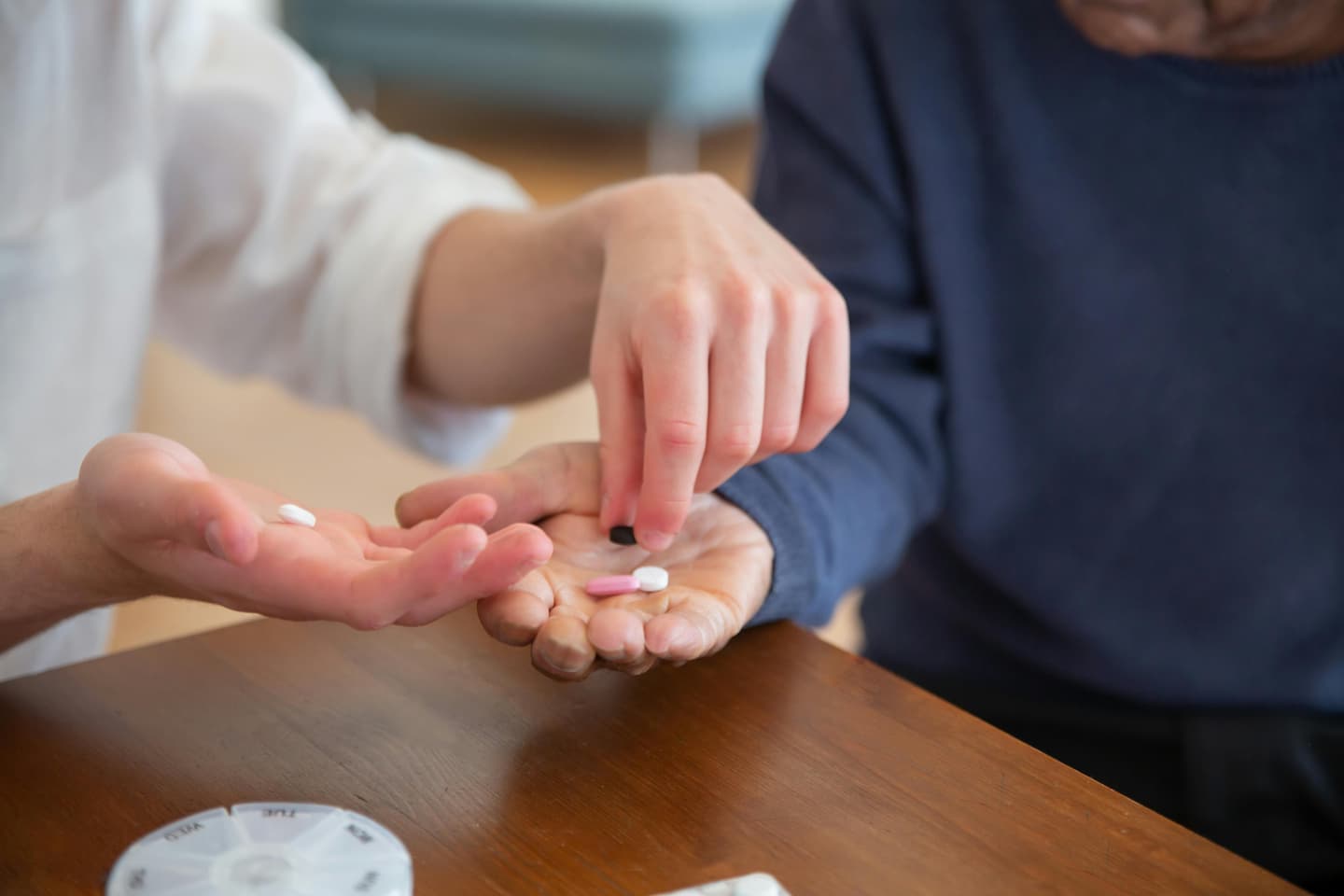
The delicate process in transitioning from Hospital care to home care is one of the most nerve wracking experiences for a good amount of the people. This is a time where the people around the care beneficiary are nervous and are on the lookout for things that could go wrong. People are nervous, yet want to deliver the best they can, sometimes even wanting an expert to handle it so as to not stress themselves out too much. Because of this, carers are often hired in order to ensure that this transition and the recovery phase in between is handled flawlessly and without a hitch.
A professional carer, a patient, or even a family member who is looking after the patient, it is very crucial that you have an understanding of the fundamental steps taken for caring for a post-hospitalization patient. The steps are as follows.
Understand the Discharge Instructions. One of the first steps in caring for a recently discharged patient is understanding the discharge instructions. Medical Regimen, Dietary Instructions, activity level, wound care if there are any. These are usually given once the patient is discharged by the healthcare team that took care of the patient prior to their discharge. If the designated carer wasn't there in the discharge briefing, you can get these details from a person who was. It is important that these instructions are clear, so do not hesitate to ask at the briefing if any of the instructions need clarification.
Monitoring for Complications. This is a critical part in the first few days of discharge of the patient. The carer at the current time will have to keep a lookout on a number of things that may require immediate attention, such as Redness, Swelling, or Discharges at where the surgery took place are signs of an infection. Side effects of medication, especially if they are very adverse. The carer also needs to look out for any discomfort with the patient as this may be an indication of pain, or something much more serious. Finally, any other physical indicators such as rapid heart rate, breathing and even mental condition should be taken note of, and informed to a healthcare professional.
Staying Connected. Finally, staying connected and in open communication with the patients' family and health care providers is essential. Family members, for one, help promote the patients' well being and second, family members would also want to know the condition of their loved one. Secondly, having access to the patients' healthcare provider means you get to inform them of any changes or any emergencies, so that you may be able to take the first step for care.
As a carer, your support is vital to the recovery. Recently discharged patients require a delicate approach, attention to detail, a compassionate attitude and a watchful eye. With these fundamental steps, the transition from hospital care to home care and the journey to a full recovery is ensured to be smooth.